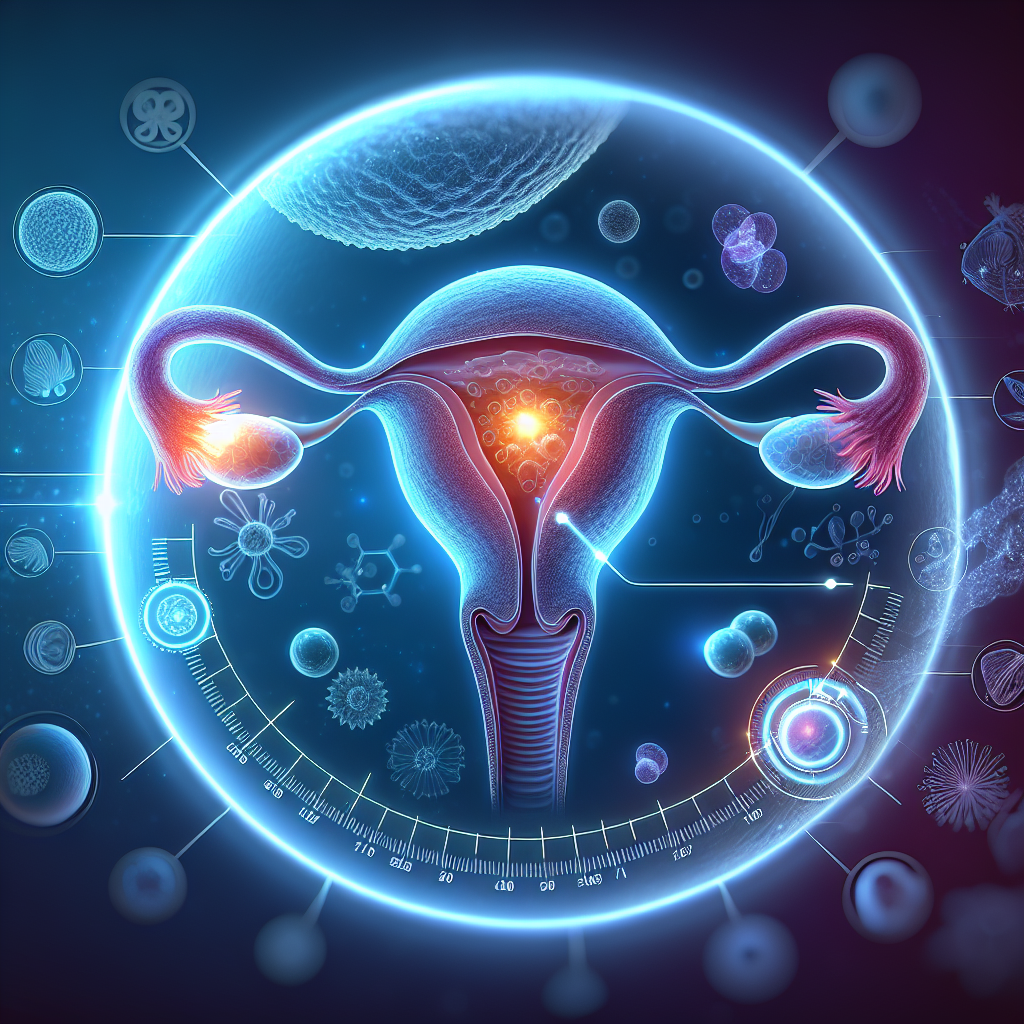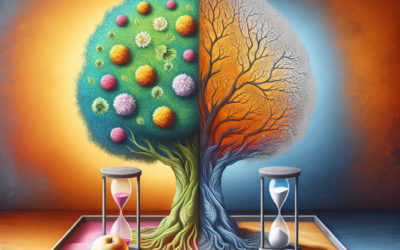Introduction to Ovulation
Ovulation is a crucial part of the menstrual cycle, where an egg is released from the ovary, making it possible for conception to occur. It’s a time when a woman is most fertile and is key to understanding pregnancy. For those trying to conceive, recognizing the signs of ovulation can greatly enhance the chances of becoming pregnant.
What Happens During Ovulation?
During a typical menstrual cycle, usually lasting around 28 days, ovulation occurs roughly midway through the cycle. The pituitary gland releases a hormone called luteinizing hormone (LH), which triggers the ovary to release an egg. This egg then travels down the fallopian tube where it may meet sperm. If the egg is fertilized, it can implant itself in the uterus, leading to pregnancy.
Signs of Ovulation
Identifying ovulation can be aided by observing several key signs:
- Changes in cervical mucus: The mucus becomes clearer and stretchier, akin to raw egg whites.
- Increase in basal body temperature: There is a slight increase in body temperature after ovulation.
- Mild pelvic or abdominal pain: Some women experience ovulation pain, known as mittelschmerz.
- Heightened sense of smell and libido: Many women report an increase in sexual desire during ovulation.
Ovulation During Pregnancy
Once conception occurs, the body undergoes a myriad of changes, one of which is the cessation of ovulation. When a woman is pregnant, her body produces hormones such as human chorionic gonadotropin (hCG) which prevent the release of eggs. This hormonal shift is essential for protecting the developing fetus and ensuring a successful pregnancy.
Understanding the Pregnancy Cycle
A healthy pregnancy cycle involves various stages, beginning with conception and followed by the embryo’s development over approximately nine months. The stages include:
- First Trimester: The embryo develops into a fetus, with major organs forming.
- Second Trimester: Growth accelerates, and fetal movements can be felt.
- Third Trimester: The baby grows rapidly in weight and size, preparing for birth.
Impact of Ovulation on Baby Development
The timing of ovulation is essential not only for conception but also for influencing the early stages of fetal development. Proper implantation and nourishment of the blastocyst are critical in the first few weeks of pregnancy. Factors such as maternal health, nutrition, and stress levels during ovulation can impact the quality of the egg and, consequently, the development of the baby.
Conclusion
Understanding ovulation is a vital part of planning for a baby, as well as recognizing the physiological changes that occur once a woman becomes pregnant. By being aware of the signs of ovulation and understanding its role in the pregnancy cycle, women can better navigate their reproductive health. Whether planning for pregnancy or simply seeking a deeper understanding of the process, knowledge is empowering for women of all stages in life.




